The University Bookman
Reviewing Books that Build Culture
Watch James Panero of the New Criterion discuss “The Urbanity of Russell Kirk” at the 2025 Gerald Russello Memorial Lecture.
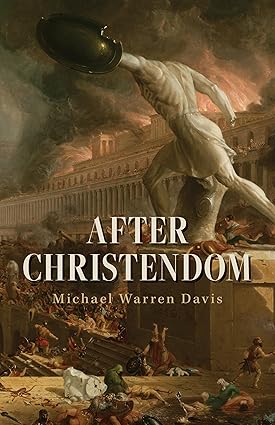
Holy Living After the Fall
“At the center of this work is the sense that the world is essentially irredeemable. Individual persons assuredly may be saved, and to the attainment of this end, we all are summoned; but the world itself, with all its works and uses, is the natural property of the Devil, and we are well advised to keep away from it.”

Frontier Fiction at Its Best
“This classic frontier story—of the fostered orphan who escapes the baddies who killed his family and who returns to wreak vengeance upon them—is enriched by a vivid depiction of Comanche culture and traditional way of life and by narrative motifs whose roots are deep in the soil of myth and fable…”
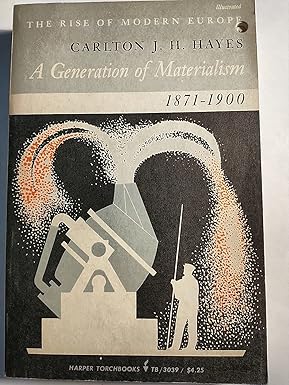
The Dangers of Modern Nationalism
“For Hayes, what he describes as the ‘ecumenical liberalism’ of the middle decades of the nineteenth century—respect for individual rights, freedom of speech, free trade, and a growing prosperity—were threatened by the forces of materialism, militarism, and scientific racism which he dated as emerging in the 1870s.”
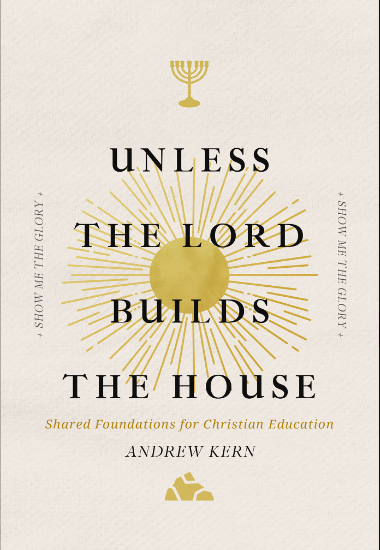
Education in the Light of Glory
“For those who already know and love Kern as a speaker and writer, this book will be a rich delight. Its insights reward the reader on every page. Those not familiar with Kern, however, may be taken aback by the extent of his reveling in layered analogies, intricate structures, and ultimate mysteries.”
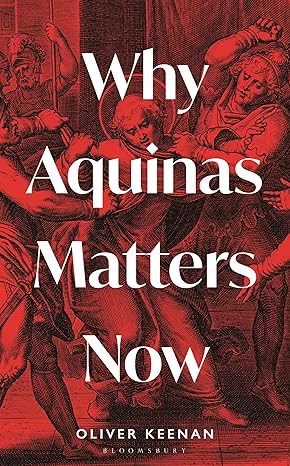
Connecting with Aquinas, Connecting with Ourselves
“Attempting to summarize the thoughts of one of the Church’s most prodigious figures, let alone connect them to contemporary culture, is no small task and Keenan knows it. His book does not pretend to be more than it is: a new lens to read Aquinas through.”
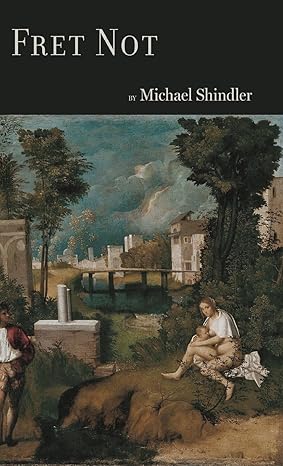
Et in Arcadia Ego
“Poetry, particularly poetry of this kind, has been proclaimed dead too many times to count. Still, elect souls will hear the music of the pan-pipes on the wind.”

Making It Home
“The perils and wonders of the journey home pervade Bilbro’s entire collection, through a variety of verse forms and subjects, many of which are seemingly mundane, as in ‘Listening to the Iliad while Raking Leaves…'”
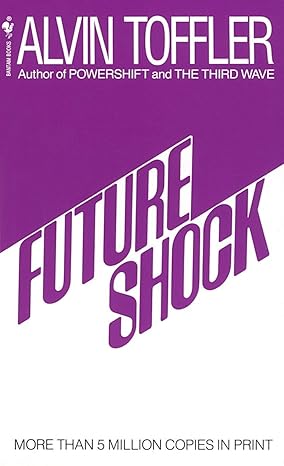
Aging White Male Future Shock: The Contemporary Relevance of a Sociological Classic
“’Future Shock?’ I use that phrase to characterize what I have observed as the predicament—or (as they might view it) the ‘plight’—of aging white males who are buffeted by a host of new developments, ranging from the #MeToo and Black Lives Matters movements to revolutionary technologies of the digital world, that have confused or even paralyzed them.”
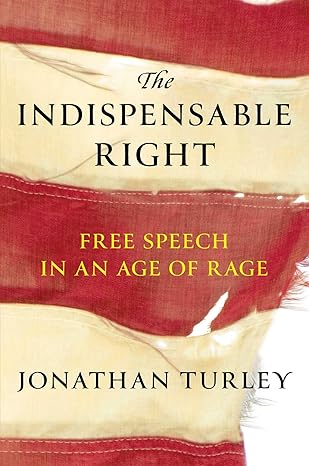
The Intrinsic Argument for Free Speech
“Core to Turley’s argument is that free speech is justified in the natural law—by which he means modern natural law. Free speech must attach to any coherent understanding of individual rights. In this, Turley is solidly in the liberal tradition. But his argument goes further, drawing from a more nuanced understanding of the person than we often regrettably find in liberal philosophy.”
The Book Gallery
A collection of conversations with Bookman editor Luke C. Sheahan and writers and authors of imagination and erudition. Click on the icon in the upper right corner of the video to see more episodes in this series or check out our YouTube page.
